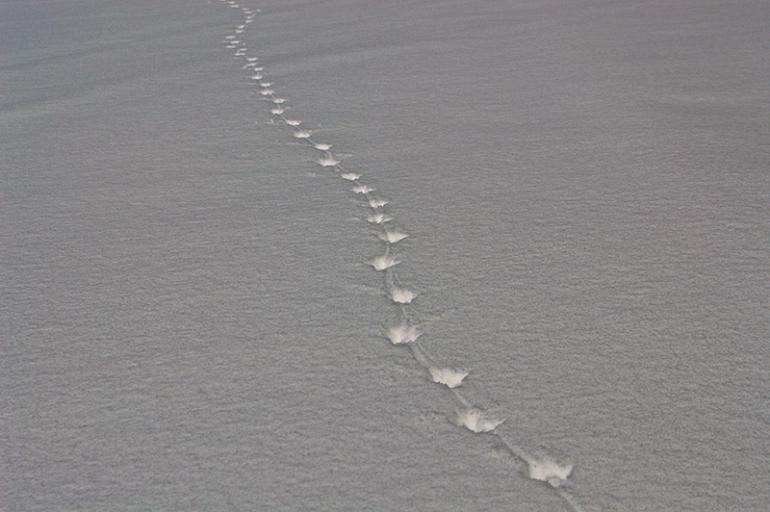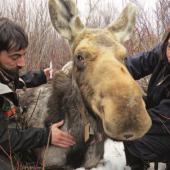Hibernation
Many Montana creatures pass the winter in a state of near or total hibernation. In protected burrows, animals such as squirrels, snakes, turtles, and bears enter a sleep-like dormancy for months at a time. The mammals live off stored body fat until spring, when the warm weather renews their food supply.
The British scientist Erasmus Darwin (grandfather of Charles Darwin) is credited for having used the terms hibernate and hibernation in reference to the winter dormancy of animals in 1802. In other contexts, the word hibernate means simply "the act of winter or passing the winter in a suitable location." Human beings were said to "hibernate in warmer climes" when spending the coldest season on the Mediterranean.
Taken from the Latin word for winter, hiems, hibernate has several winning etymological relatives. The adjective hibernal means "pertaining to winter." This word appeared in English circa 1600.
The word hibernaculum originally denoted the winter quarters of Roman soldiers, but in a more modern incarnation, the word refers to the bulbs or buds of certain plants that assist the organism in winter survival.
The old Roman name for Ireland is Hibernia. Most word scholars believe this moniker was influenced by the Latin word for winter. Ireland, to the Romans, was a cold, "wintry" place compared with their Mediterranean homeland.












